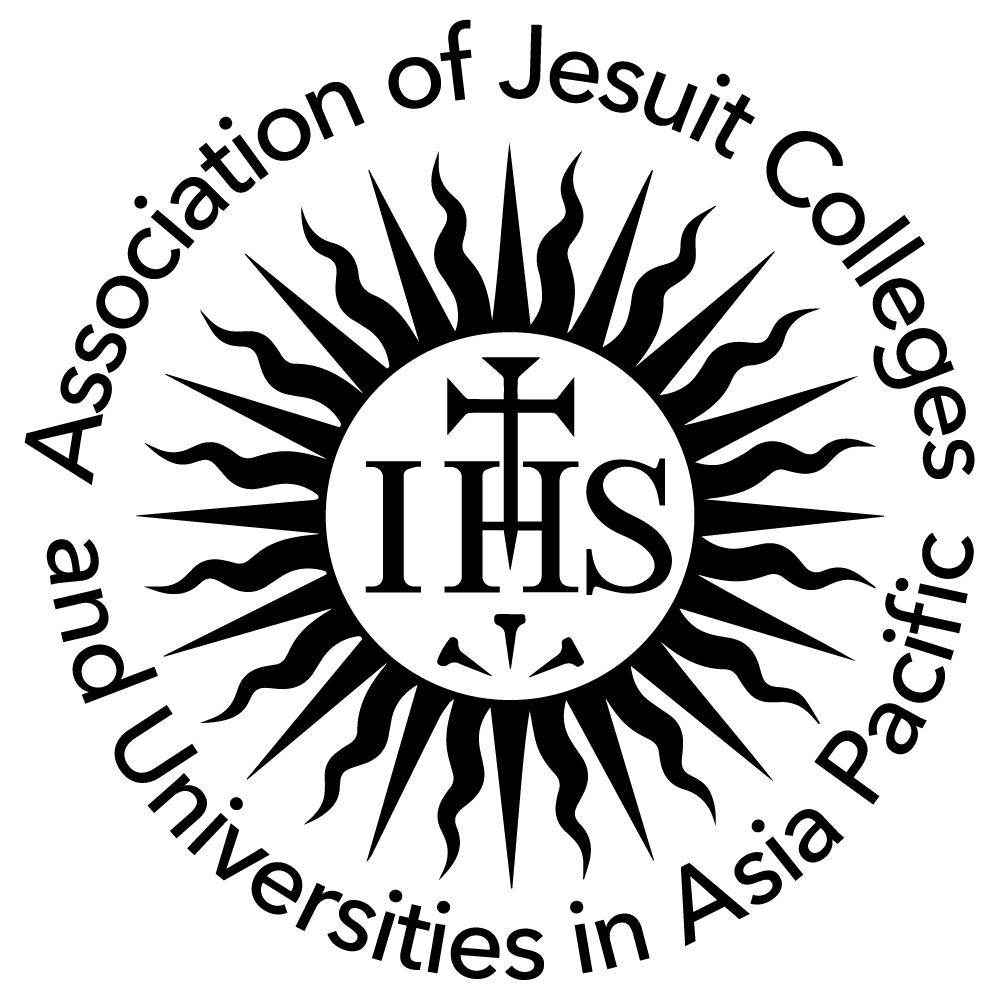The Apostolate of Education
Inspired and led by Ignatius’ vision, I would like now to look at some aspects of the reality facing the Society in our time. First of all, our educational apostolate. We can be thankful that, despite increasing difficulties and concerns, our institutions continue to be highly visible, international and vibrant manifestations of Ignatius’ desire to “help souls.” Statistically, there are two and a half million students in 3451 institutions of various kinds in 68 countries: 202 schools of higher education, 444 if secondary, 123 of primary, 79 offering technical or professional training and 2603 Fe y Alegría schools, carried out in collaboration with other religious and lay people, in 19 Latin American countries. In response to new needs, more schools are being established.
In the past seven years, the number of Jesuits working in the ministry of education has remained stable. They are approximately 4600, although the Society is decreasing in number. On the other hand, the non-Jesuit presence has grown significantly to 123,985 teachers and administrators. They make up more than 96 per cent of the staffs with a consequent challenge to the identity of our schools. Several assistancies and provinces are making efforts to promote Ignatian pedagogy, and have worked out identity documents which apply the vision of Ignatius to the local context and are meant to affect every level and type of Jesuit education. But it can easily happen that the urgent nature of the identity issue is not taken seriously enough, with the result that in the very near future we are likely to have institutions that will be Jesuit in name only, relying on an inevitably fading tradition. We are responsible for guaranteeing in one way or another the apostolic values of the educational institutions that bear our name.
This situation imposes on the Major Superiors the need to consider or to reconsider their clear responsibility with regard to the institutions formally belonging to or sponsored by or affiliated with the Society of Jesus. The necessary distinction between the director of the work, Jesuit or lay partner, and the unique responsibility of a provincial require him to ensure, within the possibilities available to him, that the mission and apostolic purpose of the Society’s schools are kept alive. It is not sufficient for him to be attentive solely to the welfare of the Jesuits involved in the institution. A periodic evaluation of its Jesuit character is an integral part of his charge. In the course of his visits, he should reaffirm, encourage and support the mission of the school and call to accountability those who are responsible for running it.
The apostolic importance of education should be urged on the Jesuits of a province and a proper formation should be made available to them so that they will be up to the task. Jesuits and non-Jesuits should receive leadership training. The spirit of cooperation should be developed so that they learn to work as partners. As you know from experience, there remains a reluctance among many Jesuits, even in the younger generation, to relinquish the idea that this is exclusively “our” work. We should be more active in identifying and promoting potential non-Jesuit leaders and offering them the incentives and religious and professional formation that will strengthen their motivation to engage in the work of education inspired by Ignatian pedagogy. Jesuits also need on-going formation in education and even more in partnership in the face of rapid changes and new challenges. The promotion of justice and the option for the poor should be kept at the forefront of our concerns along with the pursuit of academic excellence. There is around the world much creative effort and energy in developing service programs and in making scholarship aid available for disadvantaged students. However, the goal of forming “men and women for others” can easily become marginalized to the extent that mere lip service is given to the issues that are important to the Society in its work of education, seen as an integral part of the proclamation of the Gospel message. Major Superiors need to be attentive to ensure that the cry of the poor not cease to be heard in the halls of our educational apostolate.
The guidelines provided by the Complementary Norms from number 285 on should not remail a dead letter, particularly as they refer to the qualities we look for in a teacher who makes a personal commitment to the educational apostolate. He must not be content with being a transmitter of knowledge only. The characteristics and paradigms of Ignatian education will have a diminished influence if they do not become flesh in the person of the educator (CN 277, 3), who must be both a teacher and a witness to Christian and human values. Thanks to the creative imagination of so many Jesuits in the reorganization of our educational institutions, these values are still very alive and present. However, we should take care that in establishing efficient, competent administration we also safeguard the Jesuit influence, so as to maintain and foster the vision of Ignatius.
